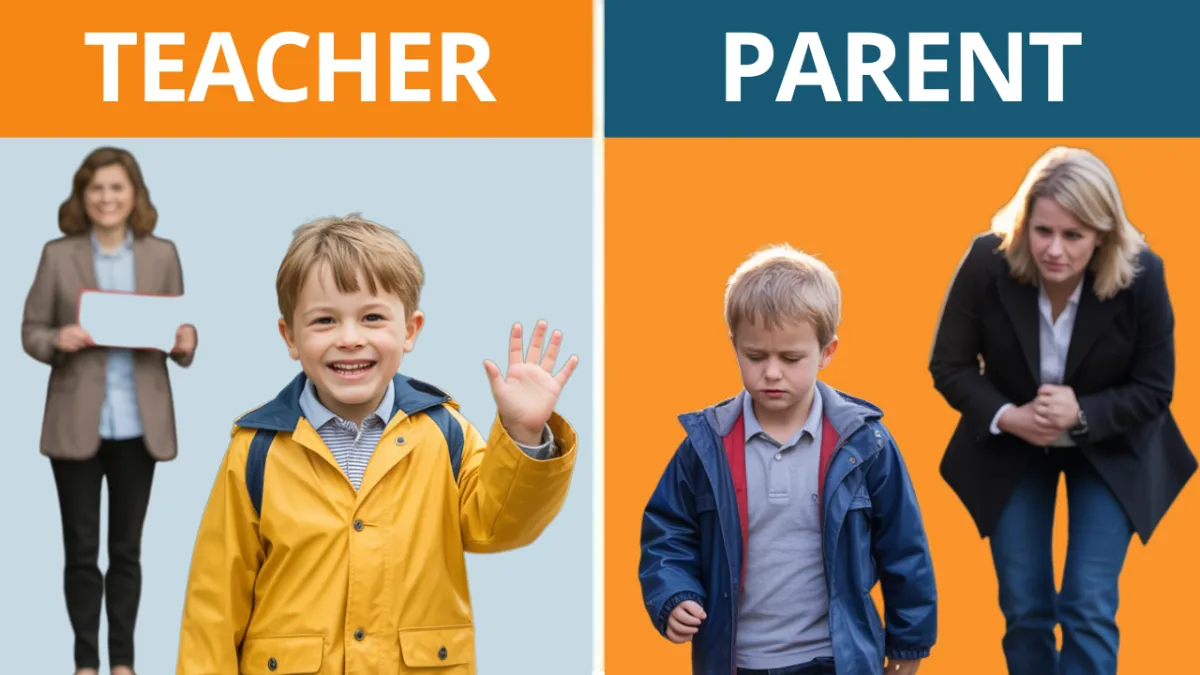
The Hidden Reason Your Child Melts Down After School


You’ve just picked your child up from school and—bam—it’s like someone flipped a switch. The charming, cooperative kid your teacher described is nowhere in sight. Suddenly you're face-to-face with whining, snapping, or full-on meltdowns.
You're doing your best to stay calm and supportive… but understandably, your patience is wearing thin.
You're not alone and there’s a reason for this common behavior.
In fact, there are five psychology-backed reasons why kids of all ages (not just kindergarteners) show their worst behavior at school pickup. The fifth one might actually warm your heart.
Let’s dive in.
1. Restraint Collapse
This is the psychological term for that explosive post-school behavior. Your child spent all day trying hard to be good, follow rules, and manage emotions. When the school bell rings, their emotional tank is empty and you're the safe space where it all spills out.
Things that can help:
Outdoor play or movement right after school
Quiet time or solo activities
A calm, non-demanding transition period
2. Negativity Bias
Our brains are wired to focus on negative events and kids are no exception. A minor upset (like being skipped on the monkey bars) can outweigh all the good moments.
Tips:
Avoid pressing for details right away
Check in later when emotions have cooled
Offer empathy and a listening ear
3. Overwhelmed Introverts
Introverted kids may enjoy socializing but it drains their battery. Even if your child seems social, their after-school outbursts might be a sign they need alone time to recharge.
What to try:
Save playdates for weekends
Create space for solo downtime after school
Respect their need for quiet recovery
4. The 5 Nemeses of Good Behavior
Hunger, thirst, exhaustion, overheating, and physical discomfort can all trigger after-school meltdowns.
Solutions:
Pack a water bottle and quick snack for pickup
Plan ahead with easy-access car snacks
Build in quiet time or rest immediately after school
These small, physical needs often go overlooked—but they make a huge difference.
5. Attachment (The Heart-Melter)
This one’s beautiful: Your child melts down because you’re their safe place.
They’ve held it together all day and trust you enough to let it out. That’s secure attachment in action. They know they can be messy with you and still be loved.
So while the behavior may be hard to handle, it’s also a sign that you’re doing something really right.
Now that you understand what’s going on underneath those after-school meltdowns, you can meet your child with more empathy and a better game plan.
Want help knowing what to do in the moment when a meltdown starts? I’ve got you covered, check out my previous blog on the #1 Parenting Triage Plan to resolve any stressful situation calmly and effectively.
